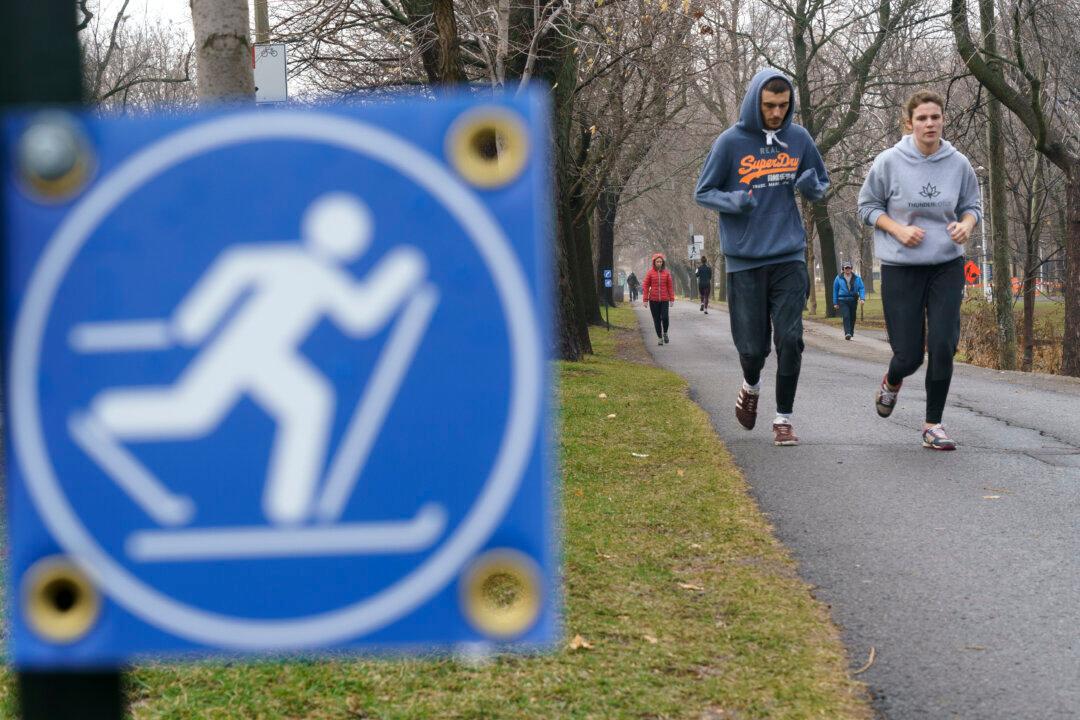The pandemic and measures to prevent its spread have made Canadians change their lifestyle—some for the better, and some for the worse. But according to a recent Dalhousie University survey, health in general has declined.
“Canadians are just not healthy. Canada is much heavier now than 14 months ago, I can tell you that. That we know for sure,” Sylvain Charlebois, director of the Agri-Food Analytics Lab at Dalhousie University, told The Epoch Times.





